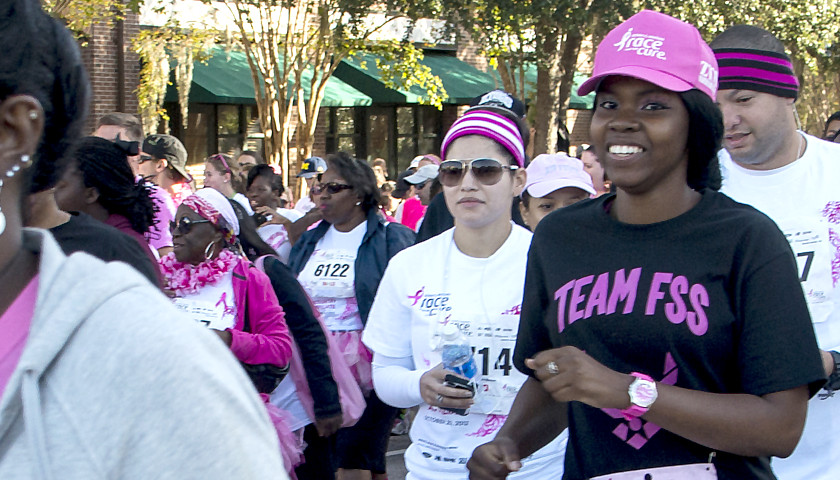A new form of drug drastically improves survival rates of pre-menopausal women with the most common type of breast cancer, researchers said on Saturday, citing the results of an international clinical trial. The findings, presented at the annual meeting of the American Society of Clinical Oncology in Chicago, showed that the addition of cell-cycle inhibitor ribociclib increased survival rates to 70 percent after 3½ years. The mortality rate was 29 percent less than when patients were randomly assigned a placebo. Lead author Sara Hurvitz told told AFP the study focused on hormone receptor-positive breast cancer, which accounts for two-thirds of all breast cancer cases among younger women and is generally treated by therapies that block estrogen production. “You actually can get synergy, or a better response, better cancer kill, by adding one of these cell-cycle inhibitors” on top of the hormone suppression, Hurvitz said. The drug works by inhibiting the activity of cancer-cell promoting enzymes known as cyclin-dependent 4/6 kinases. The treatment is less toxic than traditional chemotherapy because it more selectively targets cancerous cells, blocking their ability to multiply. An estimated 268,000 new cases of breast cancer are expected to be diagnosed in women in the U.S. in…
Read the full story





